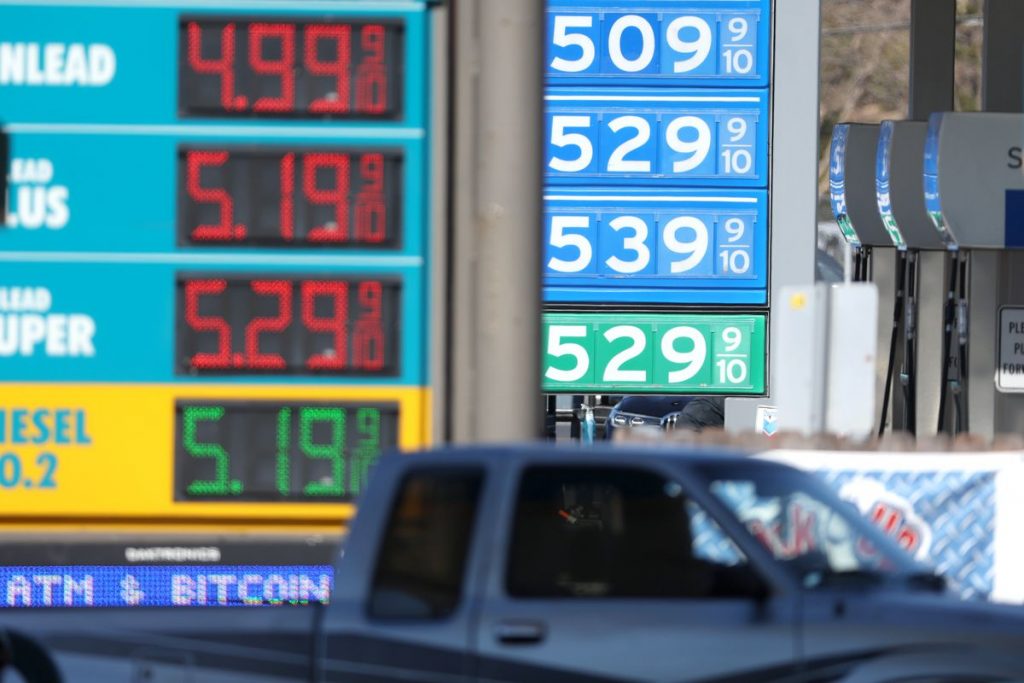
In a complete oil industry turnaround, The UAE’s ambassador to Washington has said in a statement to the press that they “favour production increases and will be encouraging Opec to consider higher production levels.”
Yousef al-Otaiba’s statement, carried by the FT, comes as both the UAE and Saudi Arabia—two of the very few, if not the only, OPEC members that are believed to have spare capacity—have ducked calls from President Joe Biden to discuss the crisis that is brewing the oil markets after Russia invaded Ukraine, sending oil prices sky high.
OPEC managed to lift its production by 560,000 bpd in February, according to a new S&P Platts survey, but President Biden has repeatedly asked OPEC to increase its production to ease prices for the American consumer.
While the UAE and Saudi Arabia are the most likely candidates for having spare capacity that could be turned on on short notice, they are already producing to quota. Producing more would be a violation of the OPEC agreement—and more importantly, the OPEC+ agreement that it made with other countries, including Russia.
Neither Saudi Arabia nor the UAE is likely to do anything to upset this hard-fought alliance. But that doesn’t mean that they would be opposed to getting the rest of the group on board; not because President Biden attempted to ask again, but because oil prices are calling for it.
The hurdle, however, will be getting Russia—the largest non-OPEC member in the alliance—on board with this plan.
“The UAE has been a reliable and responsible supplier of energy to global markets for more than 50 years and believes that stability in energy markets is critical to the global economy,” al-Otaiba added.
The UAE marks the first OPEC+ member to call for more production.
In the meantime, Brent prices have crashed more than $15 per barrel as Ukraine’s Zelenskiy says he’s prepared for certain ‘compromises’.
By Julianne Geiger for Oilprice.com





























